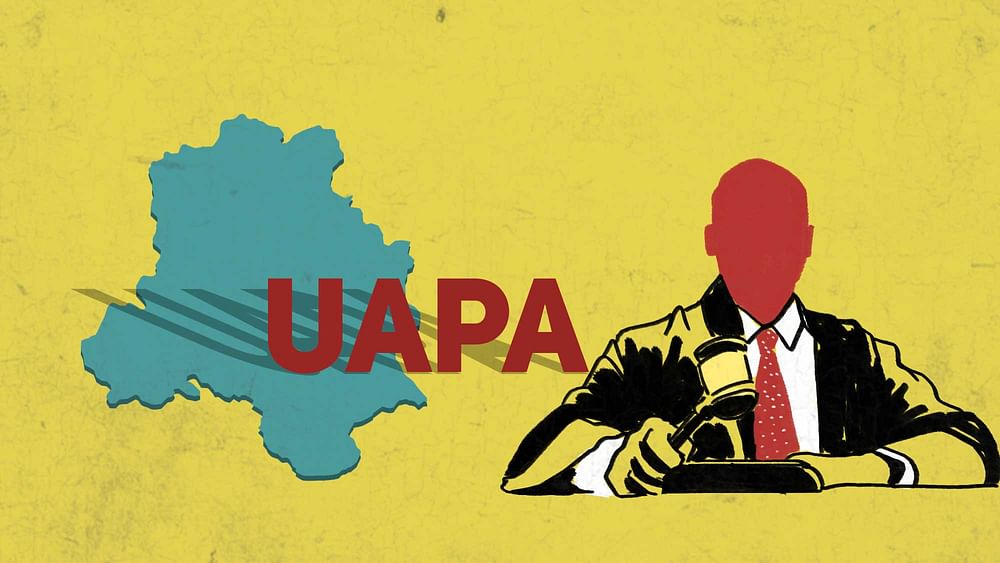Assessing The Unlawful Activities (Prevention) Act, 1967 (UAPA) And Its Impact on Human Rights
Authors: Anmol Niranjan, Student of Institute of Law Nirma University
Best Citation – Anmol Niranjan, Assessing The Unlawful Activities (Prevention) Act, 1967 (UAPA) And Its Impact on Human Rights, Indian Journal of Legal Review (IJLR), 3 (1) of 2023, Pg. 409-416, ISSN – 2583-2344.
Abstract
The Criminal Law Amendment Act was passed by the British Raj in 1908, which is when the British Raj-era UAPA first appeared. In independent India, it was presented as a bill in 1966, and it was made into law in 1967. The 1967 amendment to the Act was made to handle organisations that supported separatist movements opposed to the integrity and sovereignty of the nation. The UAPA was the primary item of legislation to reduce the frequency of terror acts.
The present study analyses the UAPA and its effect on Human Rights. The researcher has discussed the statutory provision of UAPA and how they are interfering with Human Rights. According to government figures, there have been 72% more arrests made under the UAPA in 2019 than there were in 2015. Since the Act’s terms are stiffer and non-bailable than those of other criminal offences, it imposes unfair and unjustifiable restrictions on a person’s human rights. It cannot be disputed that anyone who opposes the existing government system may be subject to this act. The researcher further concludes that National security is of the utmost importance in preserving a nation’s sovereignty and integrity. A sovereign nation’s government must create strong anti-terror legislation that might defend the nation and its people against such attacks. To combat terrorist forces or external aggression perpetrated by any insurgency, the government of a sovereign nation must develop effective anti-terror legislation capable of defending the state and its people. The fundamental human rights protected by our Constitution and the Universal Declaration of Human Rights cannot be compromised by the unrestrained exercise of authority.
